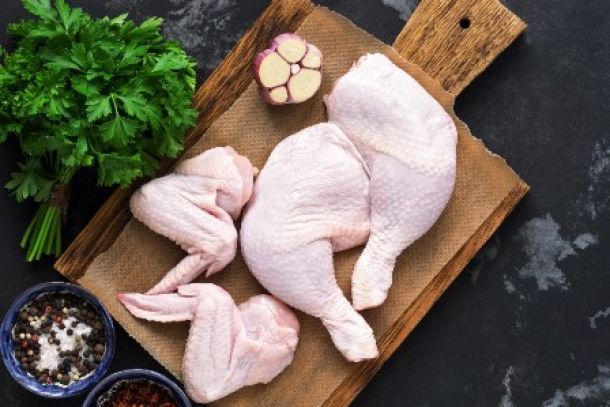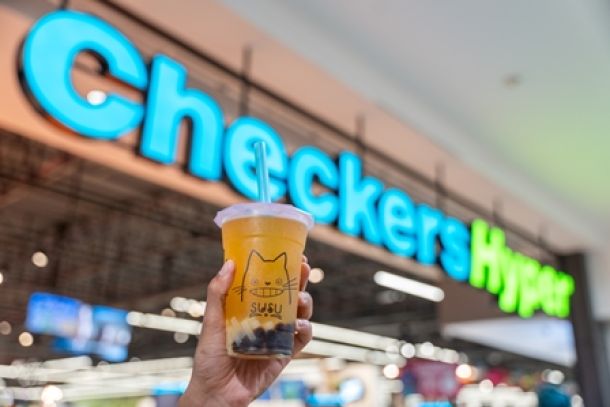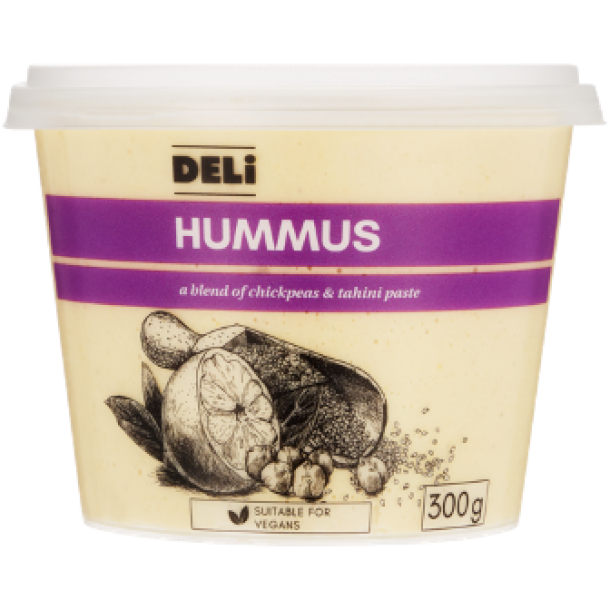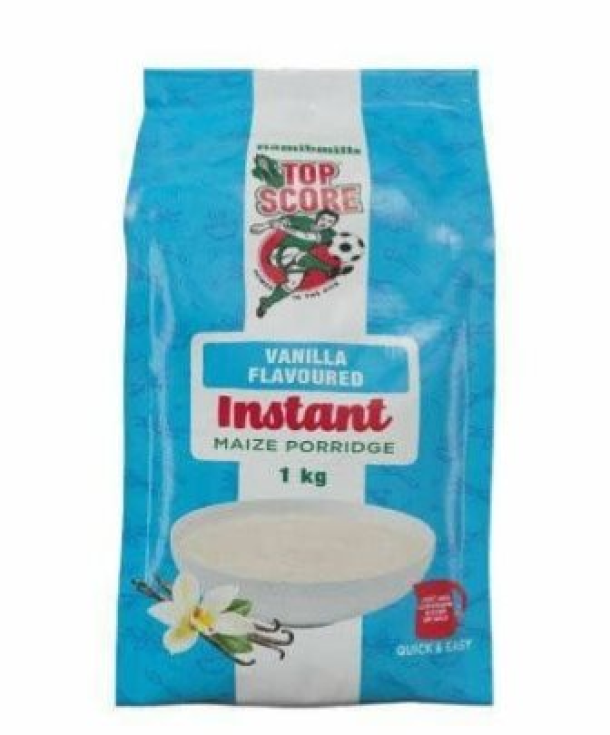Laptops are now ‘essential goods’ in South Africa for education – here is what else has been added to the list
Government has added to the list of essential goods which may now be sold under South Africa’s extended lockdown period.
In a directive published late on Friday (17 April), Higher education minister Blade Nzimande said that these goods have been added to the list of essential goods for the continued functioning of higher education institutions such as universities and colleges.
Nzimande said that the transport of these goods between suppliers and higher education institutions as well as between institutions and individuals will now be declared an essential service.
The list of items include:
- Information and Communication Technology devices (such as desktops, laptops, modems and other devices) for education purposes;
- Gasses, liquids and chemicals used in the preservation of biological samples and maintenance of equipment and machinery;
- Animal feed for laboratory and farm animals.
In a separate gazette published on Thursday, minister of Cooperative Governance and Traditional Affairs (CoGTA), Dr Nkosazana Dlamini-Zuma also outlined a number of essential goods which may be sold by South African retailers.
Dlamini-Zuma said that the addition of these goods will form part of continuously updated regulations as the country prepares for a controlled exit from its five-week lockdown.
However, she reiterated that the sale of alcohol and cigarettes remained banned, while supermarkets would not be allowed to sell hot foods. The list of goods announced by Dlamini-Zuma include:
Baby foods and related items
While government has previously said that baby foods are on the essential goods list, the regulations now specifically allow for the sale of:
- Clothing;
- Blankets;
- Towels;
- Cots;
- Mattresses;
- Teething rings;
- Pacifiers;
- Bibs;
- Feeding bottles;
- Other non-consumable goods essential for the care of babies and toddlers.
These items may only be sold by a retailer who is otherwise permitted to sell essential goods.
Hardware
Hardware, components and supplies may be sold as required by any qualified tradespersons solely for the purpose of essential repairs at residential homes or for entities engaged in the provision of essential services,
This includes any project related to the provision of water, electricity or other essential services.
Vehicle repairs
Mechanics and repair shops may sell components for vehicles under-going emergency repairs.
However, this only applies where the vehicle is owned by or used by a person engaged in essential services work.
Utility repair work
Trades necessary for the rendering of emergency repair work are allowed to operate, including:
- Plumbers;
- Electricians;
- Locksmiths;
- Glaziers;
- Roof repair work;
- Emergency automobile repairs for persons rendering essential services and for public transport vehicles.
News Category
- International retailers
- On the move
- Awards and achievements
- Legislation
- Wine and liquor
- Africa
- Going green
- Supplier news
- Research tools
- Retailer trading results
- Supply chain
- Innovation and technology
- Economic factors
- Crime and security
- Store Openings
- Marketing and Promotions
- Social Responsibility
- Brand Press Office
Related Articles

Eskort is celebrating 107 years

UK poultry industry as exports to South Africa ...

Playful bubble tea shops launch in selected Che...

Consumer Commission launches investigation into...


